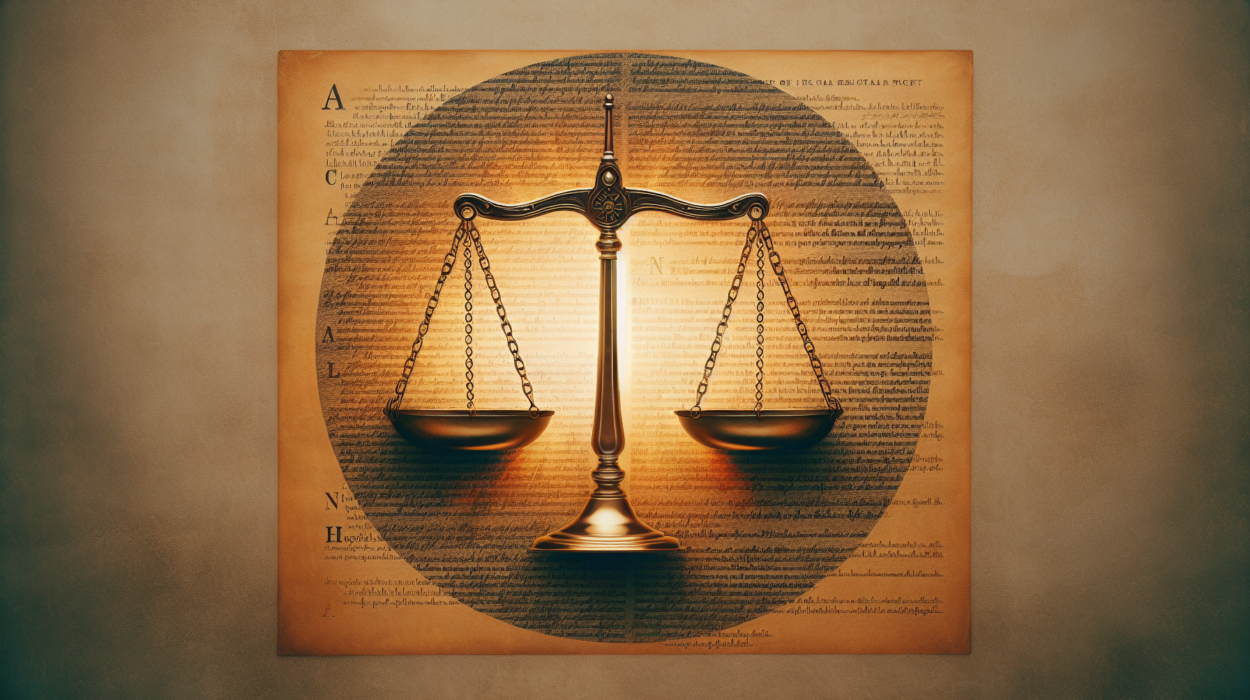The Civil Rights Act of 1871, enacted by the United States Congress during the turbulent Reconstruction Era, is a landmark in American legislative history. Its passage was prompted by a dire need to address the surging violence wrought by the Ku Klux Klan, a white supremacist faction intent on terrorizing African Americans and undermining their newly won civil rights.
The act elevated certain heinous acts by private individuals to the level of federal offenses. These transgressions included conspiracies to deprive citizens of their rights to hold office, serve on juries, or enjoy equal legal protection. By codifying these offenses, the legislation provided a crucial legal remedy for victims of racial violence and discrimination.
In a bold move, the act endowed the President with the authority to deploy federal troops to quell the Klan’s rampant activities. Furthermore, it permitted the suspension of the writ of habeas corpus, thus allowing arrests without formal charges if deemed necessary.
This pivotal act was passed by the 42nd United States Congress and signed into law by President Ulysses S. Grant on April 20, 1871. It represented the final installment in a trio of Enforcement Acts designed to safeguard the suffrage rights of African Americans. President Grant wielded the act’s authority with precision, effectively quelling state disorders and dismantling the KKK’s insidious network during his tenure.
Over the years, the statute has seen minor amendments but has been the subject of extensive judicial interpretation. It established a significant precedent for federal intervention in protecting civil rights, a legacy that still endures.
In summary, the Civil Rights Act of 1871 was instrumental in curbing racial violence and upholding civil rights during a critical juncture in our nation’s history.
Other significant civil rights acts that were passed include.
Civil Rights Act of 1866:
Enacted in 1866, this was the first federal law in the United States to define citizenship and affirm that all citizens are equally protected by the law. It aimed to protect the civil rights of persons of African descent born in or brought to the United States after the American Civil War. Despite being vetoed by President Andrew Johnson, it was eventually ratified after the passage of the Fourteenth Amendment in 1870.
Civil Rights Act of 1875:
Enacted in 1875, this federal law responded to civil rights violations against African Americans during Reconstruction. It aimed to “protect all citizens in their civil and legal rights,” ensuring equal treatment in public accommodations and public transportation and prohibiting exclusion from jury service.
Although not effectively enforced, it represented an early effort to combat discrimination.
Civil Rights Act of 1991:
Passed in response to United States Supreme Court decisions, this act addresses discrimination in the workplace. It provides protections for employees who have sued their employers for discrimination
Source: Encyclopedia.com, fjc.gov, definition.uslegal.com
